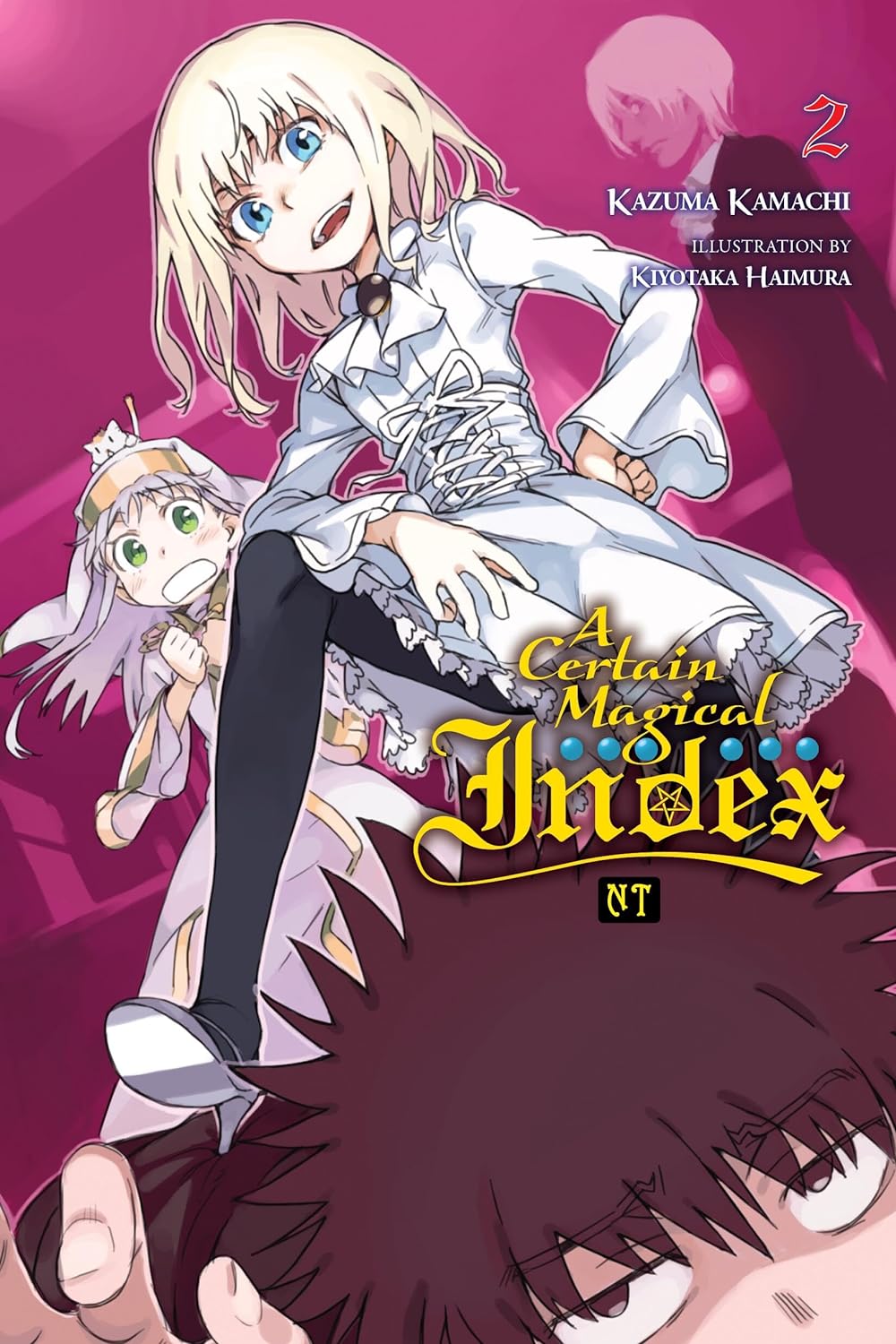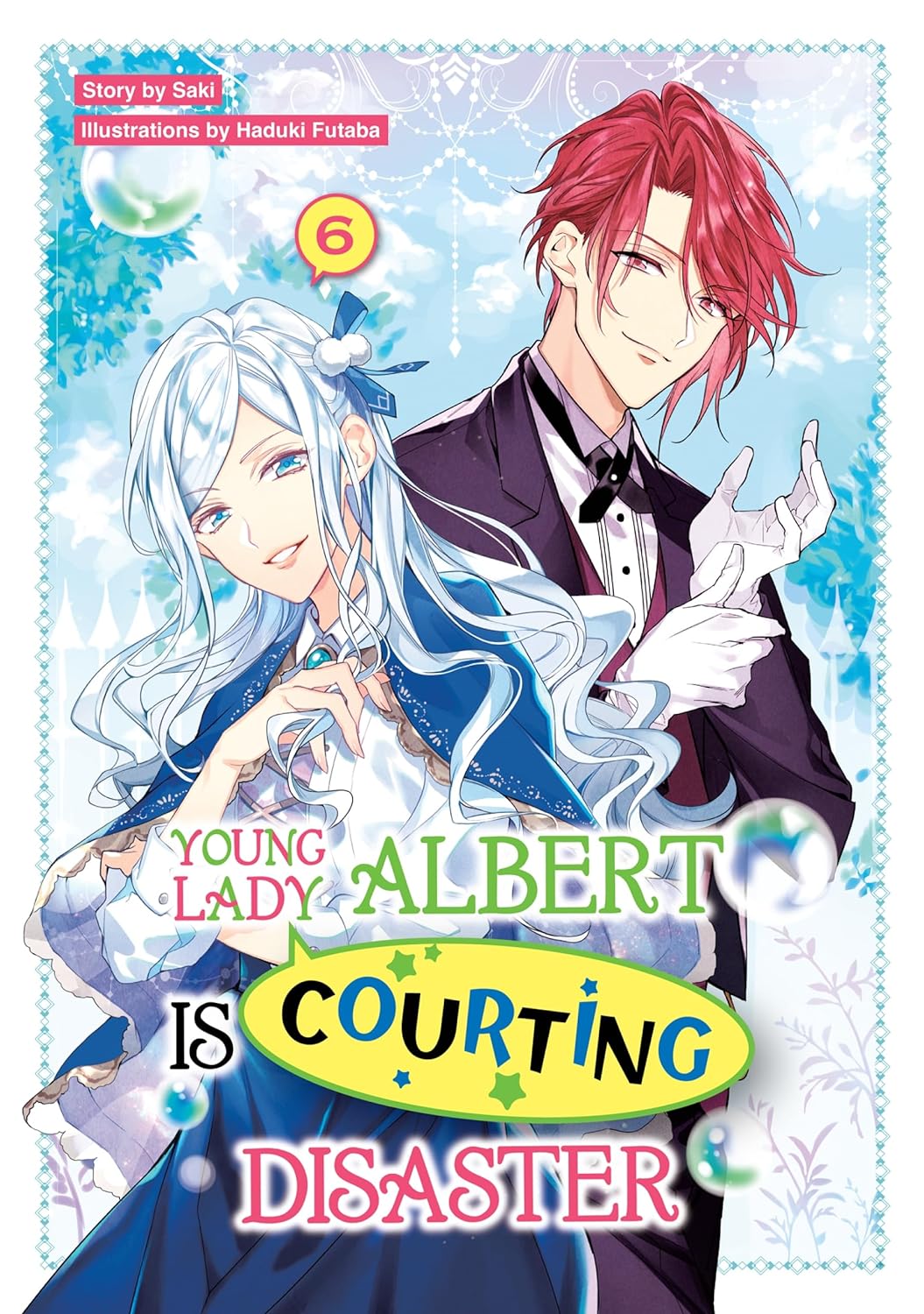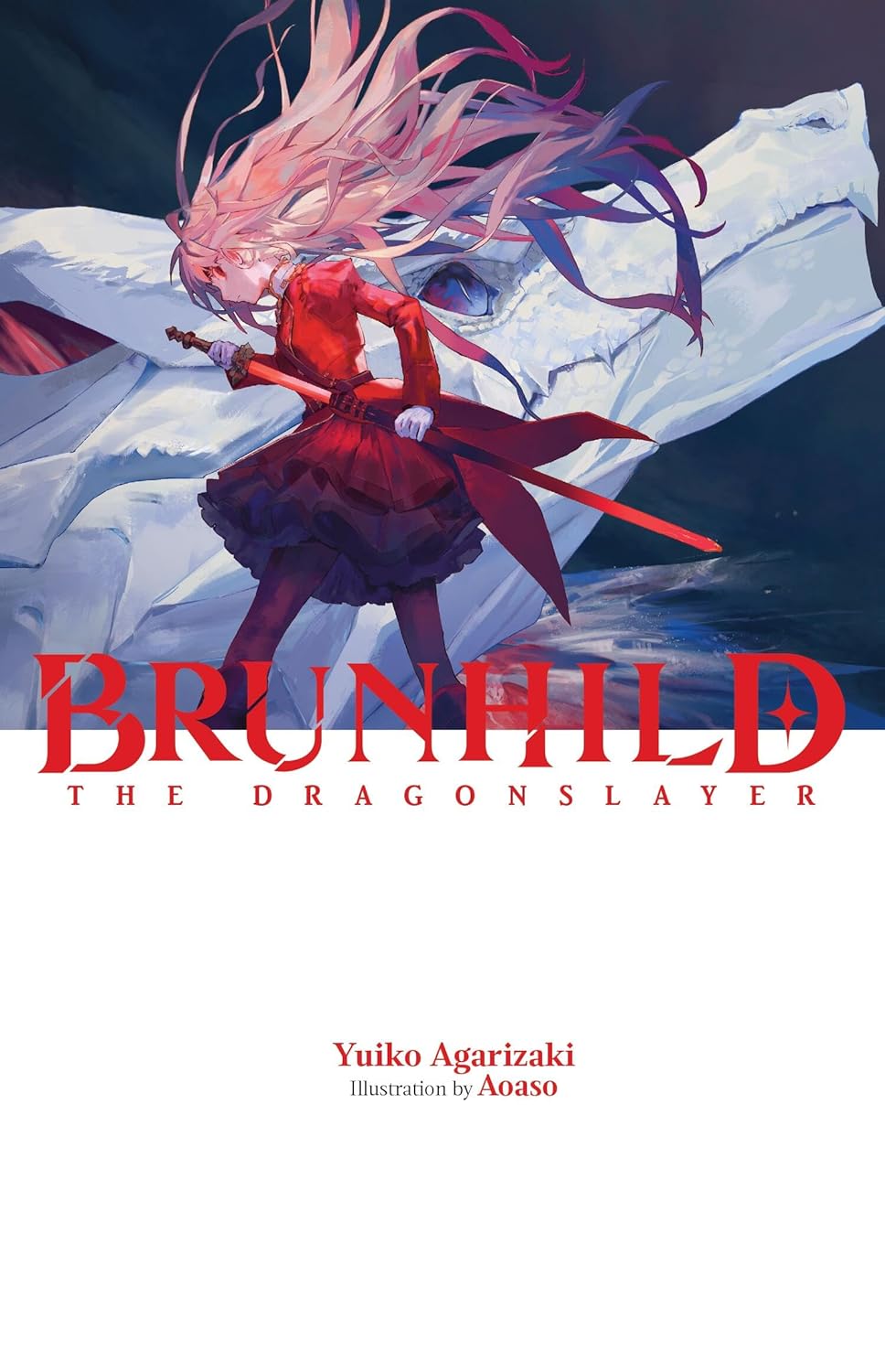By Kazumi Kamachi and Kiyotaka Haimura. Released in Japan as “Shinyaku To Aru Majutsu no Index” by Dengeki Bunko. Released in North America by Yen On. Translated by Alice Prowse.
I’ve talked before about how much I don’t like Kamachi trying to be funny. His idea of good humor for the books is very much in the “whoops, I just fell into your boobs and you hit me so hard I became a star in the sky” sort of humor. That doesn’t happen here, but we do get about ten different love interest attaching themselves to Touma like lampreys, Itsuwa beating her superior officer to death in order to help him save face, seemingly every single female character grading themselves on breast size, etc. That said, it didn’t grate on me quite as much as usual. Maybe I’ve gotten used to it, but I think it’s more that it was needed in this book for a greater purpose. No, not to balance anything depressing. But rather, to balance out Leivinia Birdway Explains It All For You. She’s got an exposition hammer and she’s gonna use it, and even Index can only go along with her and chime in. Oh, hey, it’s Index! Hi, Index.
Introduced in this volume: Maria Kumokawa, Mjolnir. And by the end of the volume we know the next major antagonist group will be GREMLIN, and so no doubt they’ll start popping up as we go along. This takes place immediately after the first book in NT. As for the plot, well, Touma’s back in Academy City, and all his love interests are very relieved, though not above biting his head. (To be fair, Touma asked for it.) Eventually, he, Accelerator, and Hamazura end up back at Touma’s dorm room, where, as I noted above, Birdway (with occasional interruptions from Index) explains the differences and similarities between magic and science, the goals of each side, how World War III started, and what happens next. What happens next is the plot with Kaori Kanzaki, who is trying to stop a Colony Drop in the making.
I will admit, I left out a bit of humor in the list above, mainly because it was not “this is a wacky anime” style humor and also because it was genuinely funny. I laughed out loud, but also cringed. Mugino introducing herself to Fremea by saying “Hi, I’m the one who killed your sister” is jaw-droppingly awful but also deeply in character, and it was glorious. That said, the rest of ITEM, as well as Accelerator’s double Misaka combo and Touma’s own original flavor Misaka, take a back seat. Again, though at least Mikoto is trying to stop it in regards to the next book. Instead we get our three heroes coming together to save Academy City, each using their own strengths. And if it’s badass action you want, Kaori has it covered, with a fight against a Nightmare at 20,000 Feet. She is quite badass. Shame no one sees it.
It appears the next volume will head over to America. Will Mikoto manage to succeed in getting Touma to take her along while he tries to save people “for his own sake”? Will the cast get even more unwieldy? We’ll see. Till then, enjoy the humor that is the spoonful of sugar to help Birdway’s exposition go down.



